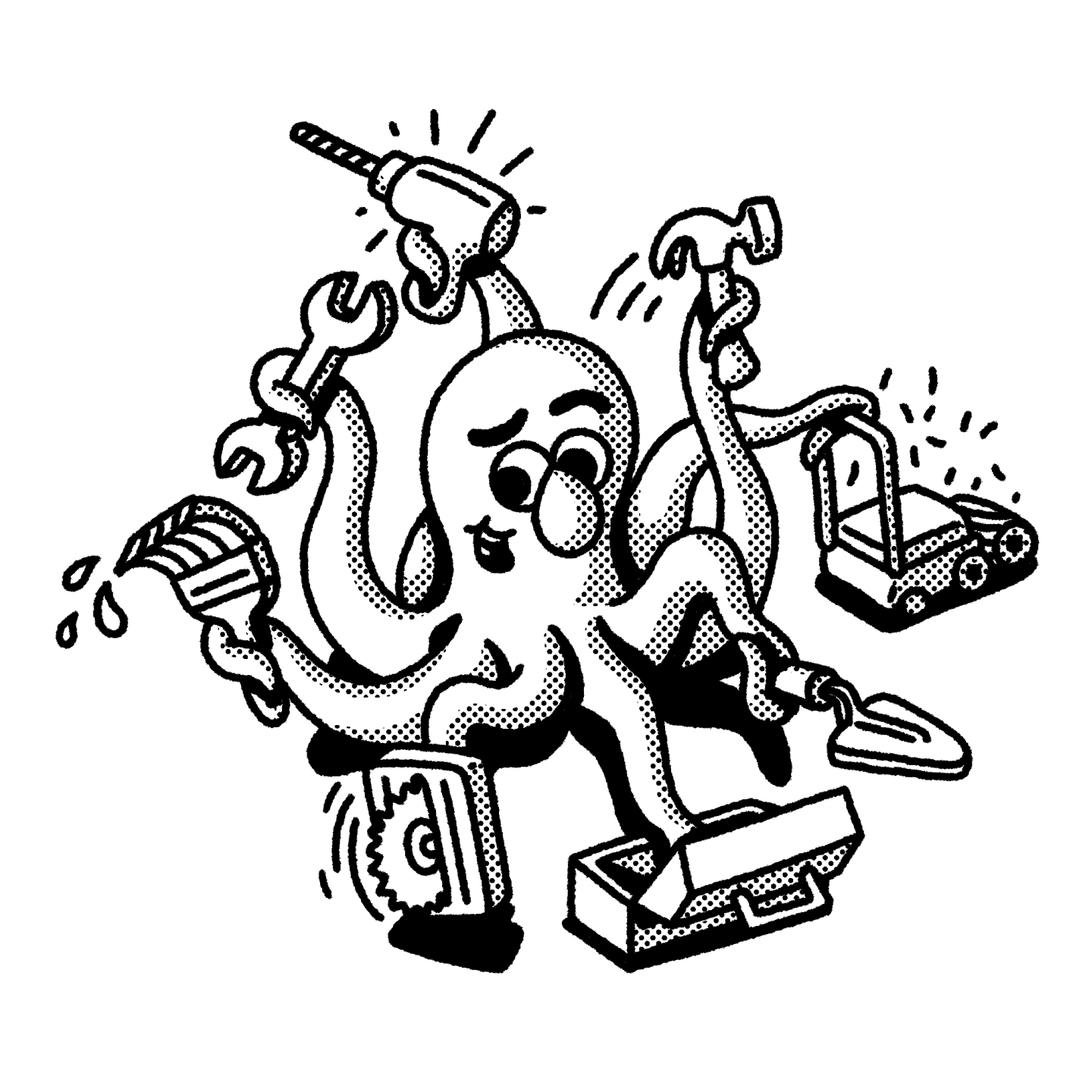What are Workers’ Compensation death benefits?
Workers’ compensation insurance coverage can help cover medical expenses, lost wages and rehabilitation for injured workers or employees who become ill while performing their job.
When an employee passes away due to a work accident or occupational disease or illness, it can significantly impact their family.
Death benefits from workers’ compensation exist to provide financial help during these difficult emotional and financial times. They can help cover costs such as burial expenses and financial assistance for families who depended on the income of the deceased.
The amount and duration of these benefits can vary depending on the circumstances of the death and your state’s workers’ comp laws. The weekly benefit is calculated differently state-by-state and is based on the worker’s average weekly wage.
For example, if an employee died in a workplace accident, the benefits may be different than if the employee developed a terminal illness due to workplace exposure over time.
What’s the difference between Workers’ Comp death benefits and life insurance?
Workers’ compensation death benefits and life insurance are two types of financial protection. In the event of an employee’s death, both policies can provide support and cover funeral expenses for the family, but they differ in several important ways.
The most significant difference between them is that workers’ compensation only provides financial help if the death is work-related.
HOW WORKERS’ COMP AND LIFE INSURANCE BENEFITS ARE DIFFERENT
| Worker’s Comp Insurance | Life Insurance |
| Who pays for the policy? | Employers (or the business owner if they’re self-employed) | Open to anyone |
| When are benefits paid? | Only if the cause of death is work-related and covered by policy limits | Any cause of death under the policy limits |
| Amount of coverage | Limited by state laws and regulations | Policyholders can customize coverage |
| Filing a claim | Handled by the employee, insurer or employer | Handled by the beneficiary who must show proof of death |
Who’s entitled to Workers’ Comp death compensation?
Survivor benefits from a workers’ compensation policy are typically paid to the closest family members of the deceased; usually the surviving spouse and total dependent minor children. They receive either a lump sum payment or a structured benefit package.
In some cases, other loved ones or dependents, such as elderly parents, older surviving children who are full-time students or other relatives who lived with the deceased, may also be eligible for benefits. The specific requirements for eligibility can vary by state and the insurance policy.
If there are no primary beneficiaries to receive workers’ compensation death benefits, the payout can vary depending on state workers’ compensation laws and regulations.
In some states, the insurance company may pay benefits to secondary dependents, such as partial dependents (adult children or relatives) or other next of kin, such as parents, siblings or other living relatives. State laws can also vary around remarriage.
The distribution of workers’ comp bereavement benefits can be complex — particularly if the deceased has multiple dependents, is separated from their spouse or has other complicated circumstances. Some family distribution scenarios for living relatives could include:
- Separated spouses: Spouses that are separated but not divorced are still viewed as beneficiaries and may be entitled to death benefits.
- Divorced ex-spouses: In most cases, the divorced partner has no right to death benefits. But an ex-spouse may partially qualify, subject to state laws.
- Unmarried partners: Death benefit payouts for unmarried partners are not common in most states.
- Stepchildren: If stepchildren were financially dependent on the deceased, they might receive compensation.
- Estranged children: If there was proof that an estranged child depended on their deceased parent financially, they might qualify for benefits.
If there are no dependents and no spouse for the deceased, burial benefits are usually still paid, but no other benefits.
Small business owners should review their policy and work with their insurance company to ensure prompt payment of survivor benefits.
Workers’ Comp death benefits at NEXT
If you need to file a workers’ compensation death claim, NEXT Insurance will work with you (the claimant) and support you throughout the workers’ compensation claims process with a dedicated claims advocate.
If you’re an employer and there’s a work related-death at your business:
- Contact us as soon as possible. This applies to any claim involving injury or illness.
- Provide the employee’s name, date of birth, date of death and time of death, Social Security number, the cause of death and any other relevant details.
You’re also responsible for reporting work-related deaths to the state regulatory agencies within eight hours. We can guide you on the specific reporting requirements and help you navigate the process.
Once we receive the claim, we’ll assign a dedicated claims advocate to provide personalized support. They will work with you to review the circumstances of the death and help determine the eligibility of the surviving dependents for benefits.
We’ll help you gather information and answer your questions. And we’ll work with surviving dependents to distribute the benefits.
» Here’s how to file a workers’ compensation claim













